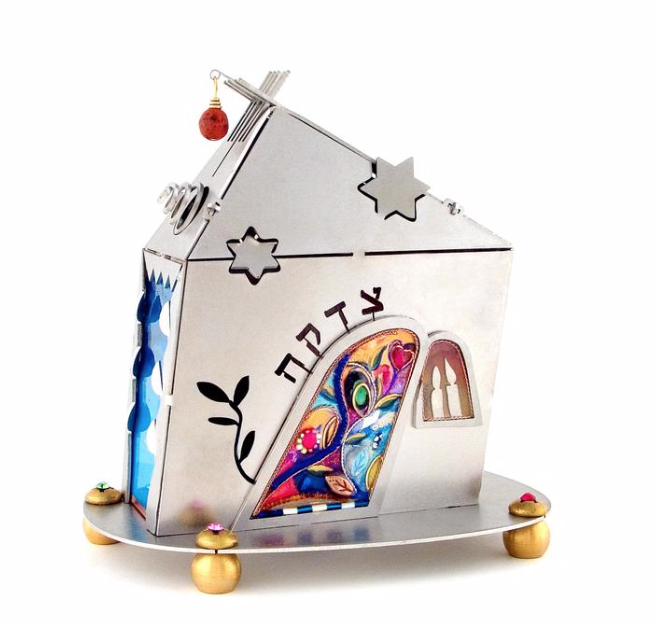I have been creating art as long as I can remember. Beginning with my mother buying me all of the colored pencils and markers a little girl can imagine to my grandmother giving me projects to do while visiting her in Germany. I would spend hours sewing, drawing, coloring, creating and just plain old crafting projects with her. That love of creating grew as I did, and, I really liked like to get my hands dirty and playing with fire…
I graduated from the University of Wisconsin- STOUT. I earned my BS in Art Education as well as a BFA in Studio Art with a concentration in Ceramics and Jewelry. This is where my love of clay and the Raku process began. I have been hooked ever since!
I have been a High school teacher for the last 24 years. As my students’ curiosities have grown for different art methods, so have mine. Learning new art techniques to teach has led to the metal and beadwork that you see on my pottery. I have incorporated my own lamp-work beads, peyote stitched beads and hand-cut copper flowers as adornment to my work. My teaching has allowed me to stay connected to various new and traditional art processes, as well as continuing my journey through Raku.
It is the heat of the fire, creating beautiful things by using fire, that keep me connected to what I do…
A “BIT” about Raku
“Raku” means pleasure or contentment. Raku was created in Japan during the 16th century for the tea ceremony, an essential ritual in the practice of Zen Buddhism.
The Raku clay body is specially formulated with large amounts of “grog” (fine sand-like ground up pottery) which helps make the clay porous. This enables the clay pot to withstand the intense heat and instant temperature changes it must endure during the firing process.
The glazed pots are placed into my small outdoor gas fired kiln, with the firing temperature reaching between 1800-2000 degrees F. When the glaze has melted smooth, I remove the pot from the kiln. The red-hot pot is immediately placed into a bed of sawdust and wood shavings, which ignite. There is a chemical reaction that happens between the flames “licking” around the clay pieces and the copper oxide that is used in the glazes.
The clay pieces are then covered to create an enclosed atmosphere for oxygen reduction. The reduction process brings out the chemical reaction between the lack of air inside the chamber and the glaze … this reaction brings out the brilliant colors and patterns for which Raku is known.
Once the oxygen reduction is complete, I take them out of their “nest” and let them cool completely before handling.
Due to both the porous nature of the clay and the firing process, Raku has a tendency to “craze” (crackle), thus adding to the beauty of the piece, but taking away from the function. Raku pots are primarily non-functional. Foods and liquids may be used, but not stored in this pottery unless a liner is used. The pots will “sweat” out moisture.
The Raku process maintains a close and intimate relationship between the pot and its maker through all stages of the production, particularly during the firing process. Over the years, this intimacy is what has wooed me to love creating with clay, as well as being devoted to the Raku process itself!





















